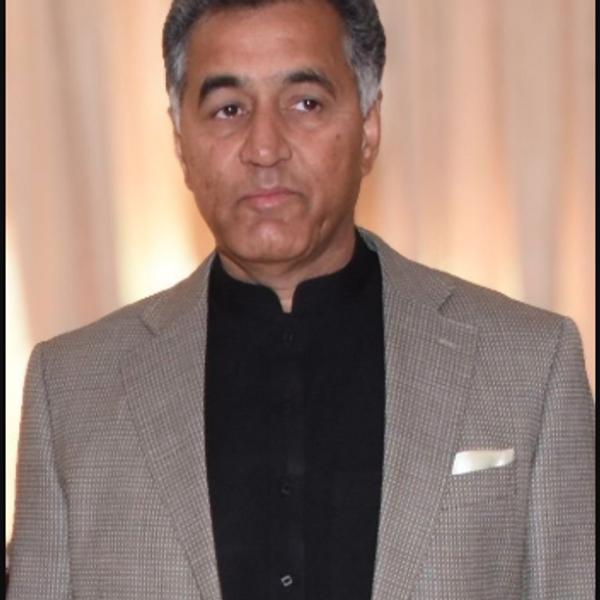Pakistan Senate committee approves controversial cybercrime bill
Latest move brings PECA amendments on fake news closer to becoming law; Senate to give final nod

Javed Hussain
Correspondent
I have almost 20 years of experience in print, radio, and TV media. I started my career with "Daily Jang" after which I got the opportunity to work in FM 103, Radio Pakistan, News One, Ab Tak News, Dawn News TV, Dunya News, 92 News and regional channels Rohi TV, Apna Channel and Sach TV where I worked and gained experience in different areas of all three mediums. My journey from reporting to news anchor in these organisations was excellent. Now, I am working as a correspondent with Nukta in Islamabad, where I get the opportunity of in-depth journalism and storytelling while I am now covering parliamentary affairs, politics, and technology.

Pakistan's Senate committee on Monday unanimously approved a contentious bill amending the country's cybercrime laws, moving the legislation closer to enactment
Pakistan's Senate committee unanimously approved on Monday a contentious bill amending the country's cybercrime laws, moving the legislation closer to enactment.
The amendments to the Prevention of Electronic Crimes Act (PECA), already passed by the National Assembly, the lower house of parliament, last week, propose the creation of a powerful social media regulatory authority. This body will oversee its investigation agency and tribunals, which will be empowered to prosecute individuals accused of spreading "false or fake" information.
Punishments under the new law include prison sentences of up to three years and fines of PKR 2 million ($7,200).
The bill will now proceed to the Senate for a final debate and approval.
Clampdown on press freedom?
Digital rights advocates and journalists have strongly criticized the law, warning of its potential misuse against press freedom and social media users. This backlash comes amid growing challenges for press freedom in Pakistan. The country ranks 152nd out of 180 nations on the 2024 World Press Freedom Index by Reporters Without Borders, which describes Pakistan as one of the most dangerous countries for journalists.
The Senate committee meeting, led by Senator Faisal Saleem Rehman, included a briefing from the Interior Ministry and relevant authorities on the proposed law.
The bill has faced strong criticism from journalist organizations and opposition parties, who argue it could suppress press freedom and stifle dissent.
Rehman criticized journalist organizations for not submitting written recommendations to the committee. “It would be difficult to amend the bill at this stage, but journalists should be heard so we can provide our opinion to the government,” he said.
Senator Irfan Siddiqui expressed support for the bill, citing the need to combat fake news on social media. “My columns are being published under my name without permission. Several complaints have been made to the FIA, but the issue persists,” Siddiqui said. “While protecting journalists is crucial, this law is necessary to address the spread of misinformation.”
Ambiguity around 'fake news'
Opposition Senator Kamran Murtaza opposed the bill, criticizing its vague definitions and lack of consultation. “There is no definition of fake news. How will it be determined? Why is this being rushed? Many weaknesses remain in the bill,” he said.
Chairman Rehman acknowledged being personally affected by fake news. “If I filed cases daily, I would spend all my time paying lawyers,” he said.
Opposition Pakistan Tehreek-e-Insaf (PTI) party members also opposed the bill, calling it a ban on free expression. Coalition partner Pakistan People's Party (PPP) did not openly oppose the legislation.
Journalist Shahzad Iqbal raised objections during the meeting, saying, “We were not given time to submit suggestions. This bill has many flaws and will lead to more problems.” Another journalist, Amir Abbas, agreed on the need for legislation against fake news but rejected the bill in its current form.
The bill, already approved by the National Assembly, saw a boycott of proceedings by journalists and opposition members.
Chairman Rehman noted that while his party PTI opposes the bill, his role as committee chair prevented him from voting.










Comments
See what people are discussing